South Africa's Minister of Mineral Resources and Petroleum Gwede Mantashe said on February 17 that the country could look to Russia or Iran to expand its civilian nuclear power capacity.
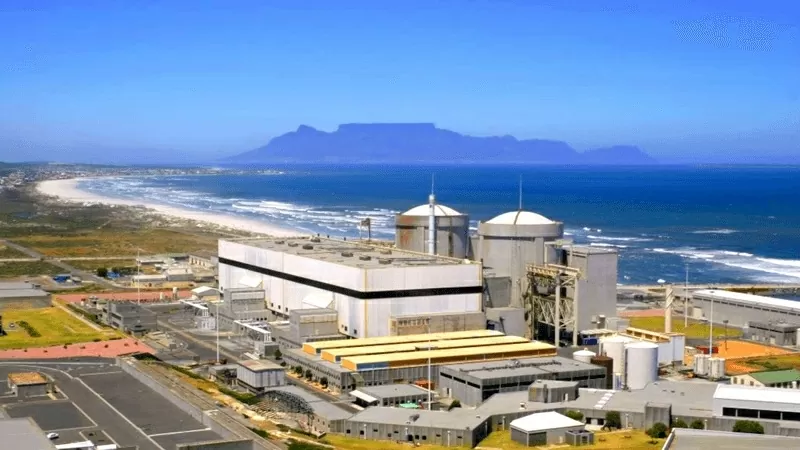 |
| Africa's only nuclear power plant, Koeberg, is owned by South Africa. (Source: The Cape Independent) |
Reuters news agency quoted Minister Mantashe - one of the leading advocates in the South African government for expanding nuclear capacity - as saying: "We cannot sign an agreement that stipulates that Iran or Russia are not allowed to bid, we cannot have that condition."
According to him, if Russia or Iran are the countries that make the best offer, South Africa will accept any country.
South Africa, which operates Africa's only nuclear power plant, Koeberg, plans to add 2,500 MW of new capacity to address power outages that are affecting the economy and to help reduce emissions.
Analysts say the move could deepen the rift in South Africa's relationship with the US and further delay the renewal of the strategic energy agreement.
Pretoria is under scrutiny in Washington after US President Donald Trump signed a sweeping executive order this month halting aid to South Africa.
The order accuses South Africa of “reviving relations with Iran to develop trade, military and nuclear agreements”.
However, the Office of South African President Cyril Ramaphosa affirmed that Pretoria has no bilateral cooperation with Iran in the field of nuclear power or any nuclear-related technology.
The US State Department has not commented on the possibility of Iran or Russia helping South Africa expand its civil nuclear capabilities.
Pretoria and Washington had a civil nuclear pact, signed in 1997, known as the 123 Agreement, which was a prerequisite for South Africa to import US-made nuclear fuel or equipment. That agreement expired in December 2022.
After years of negotiations, Pretoria and Washington are seeking to sign a new civil nuclear pact. South Africa's senior energy official Zizamele Mbambo said the talks had been completed at a technical level but no agreement had been signed because legal processes on both sides had yet to be completed.
Meanwhile, Isabel Bosman, a nuclear energy researcher at the South African Institute of International Affairs, said: "The allegations in the executive order could significantly complicate the extension of the agreement."
Source: https://baoquocte.vn/kho-trong-doi-vao-my-nam-phi-tinh-toan-tim-den-nga-va-iran-de-mo-rong-nang-luc-dien-nuoc-nhan-304678.html


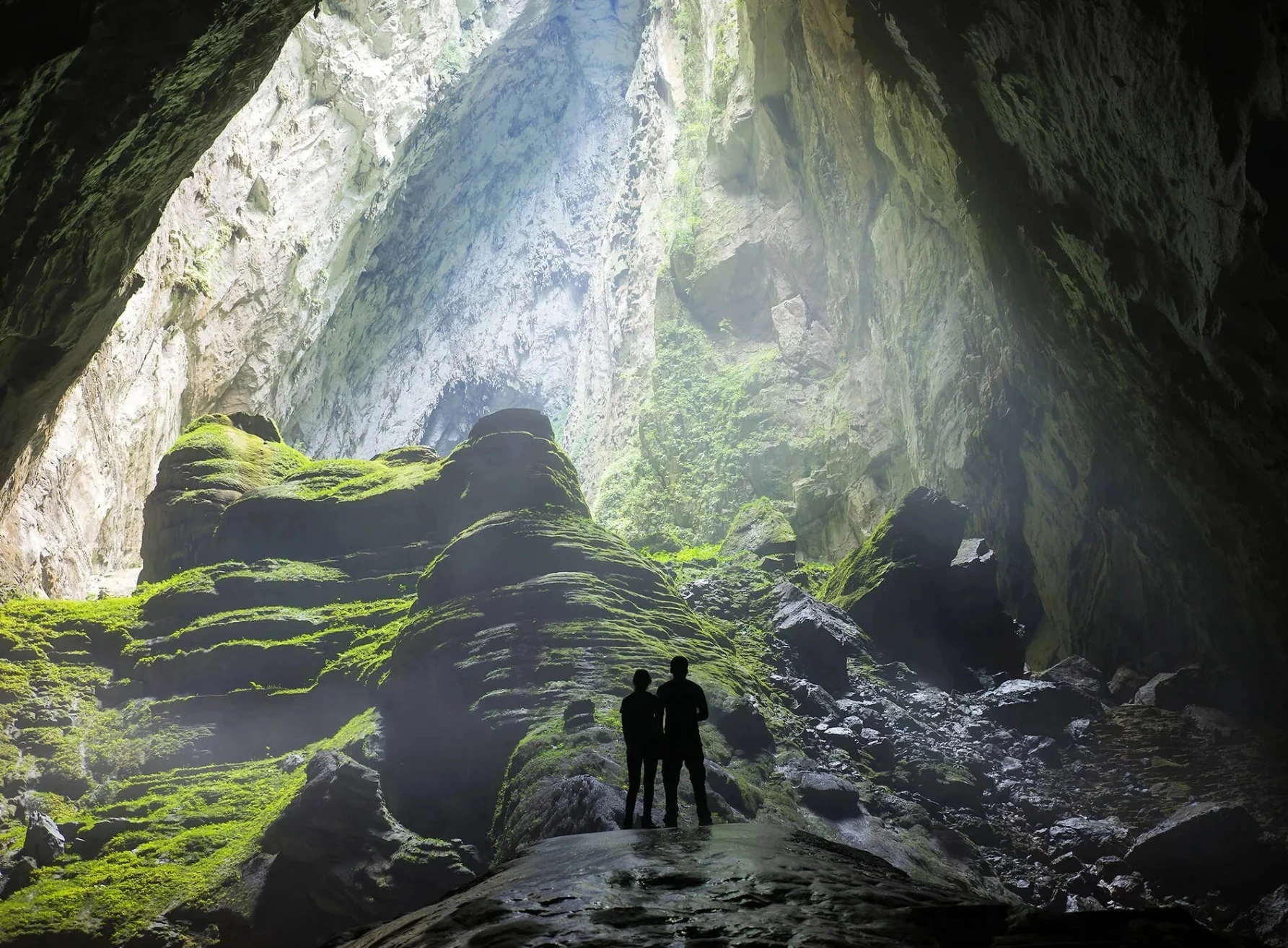





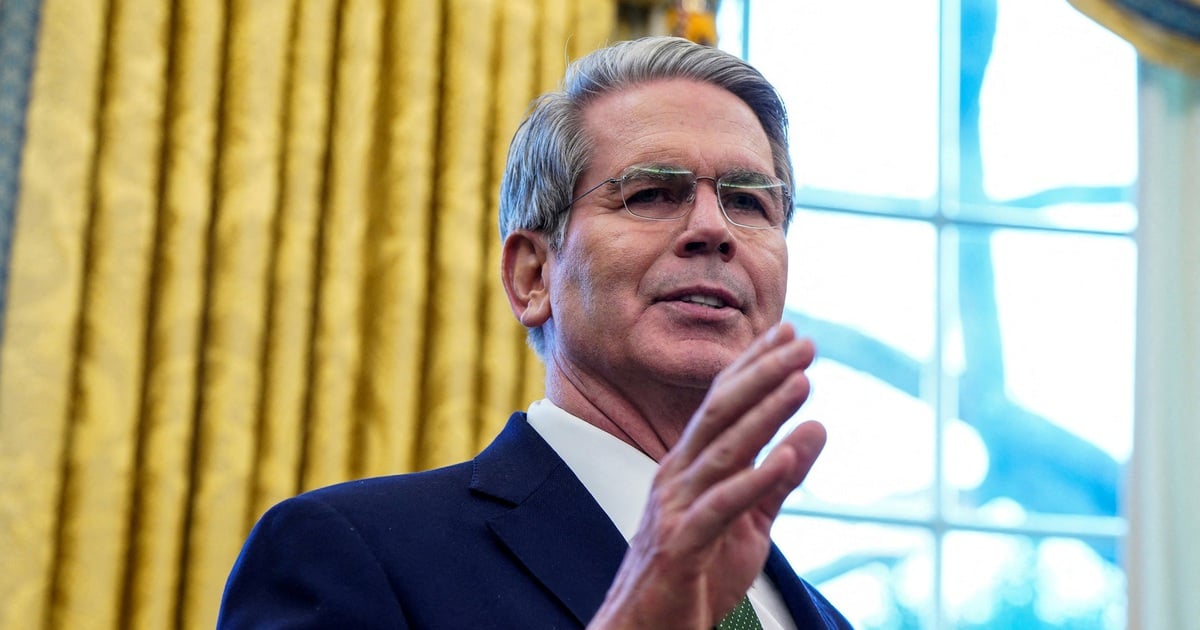

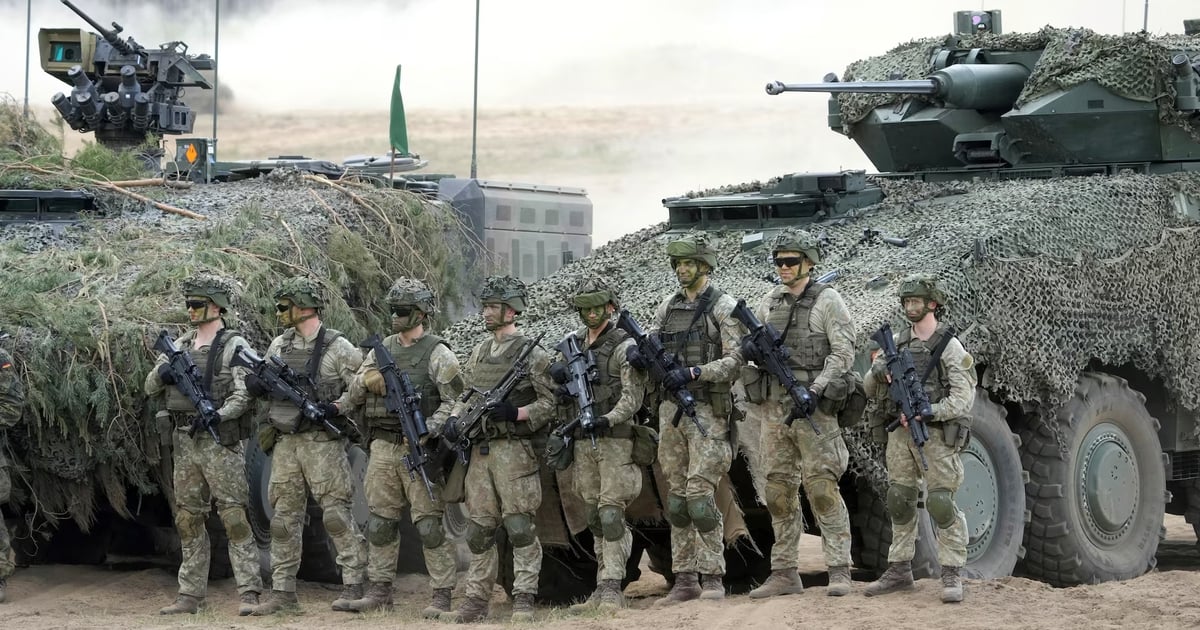
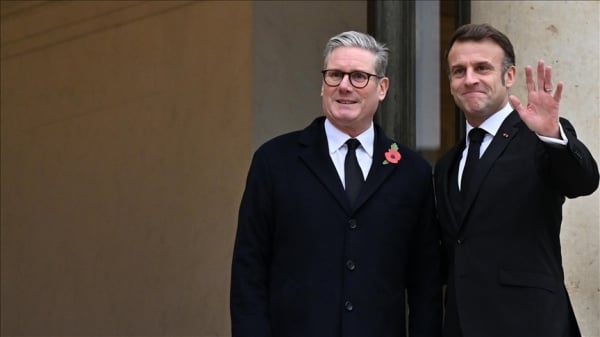
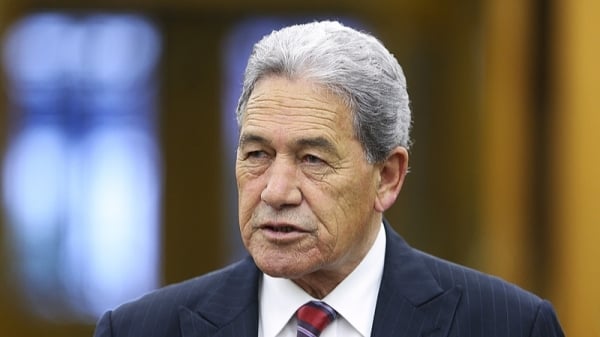
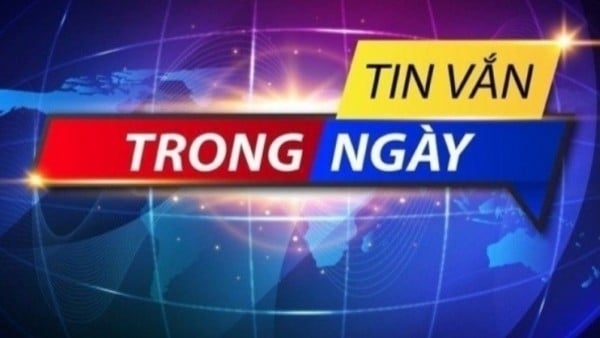
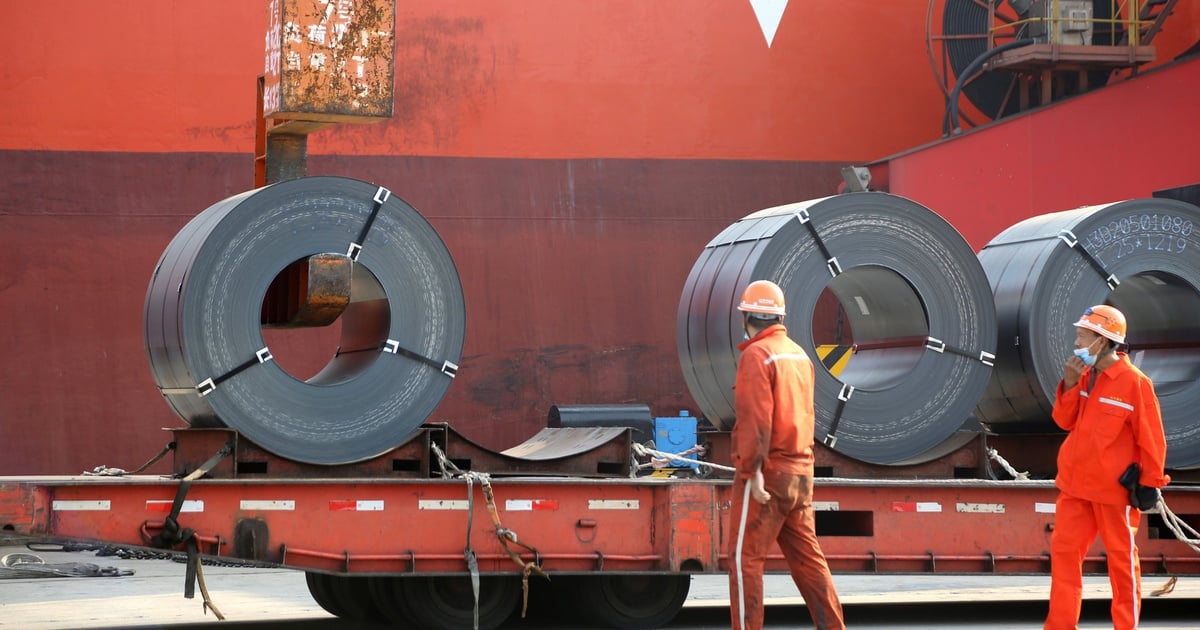
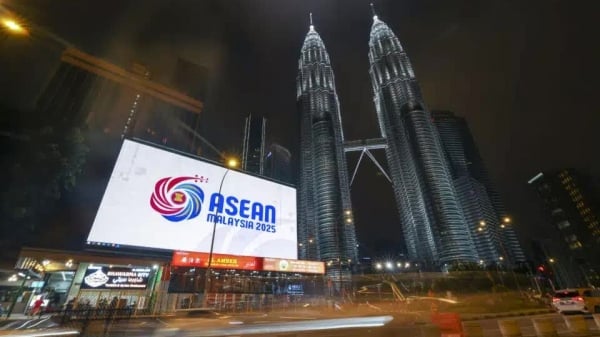
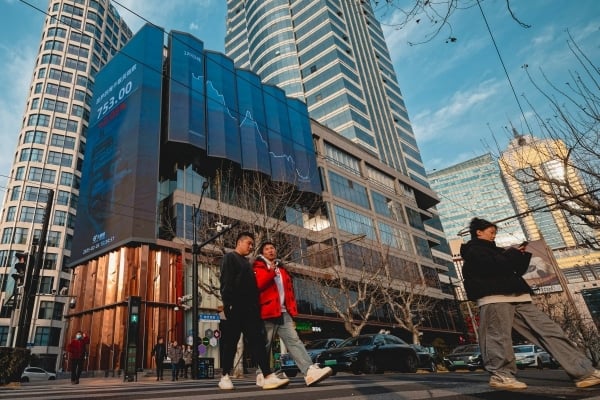


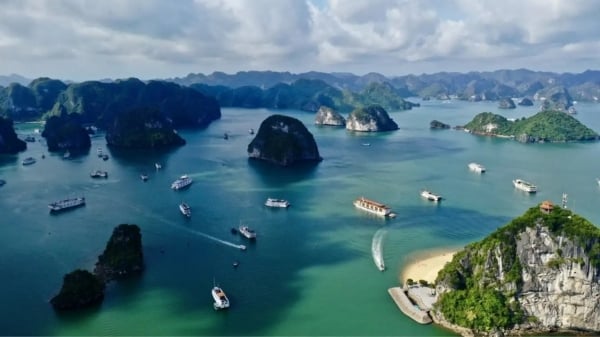



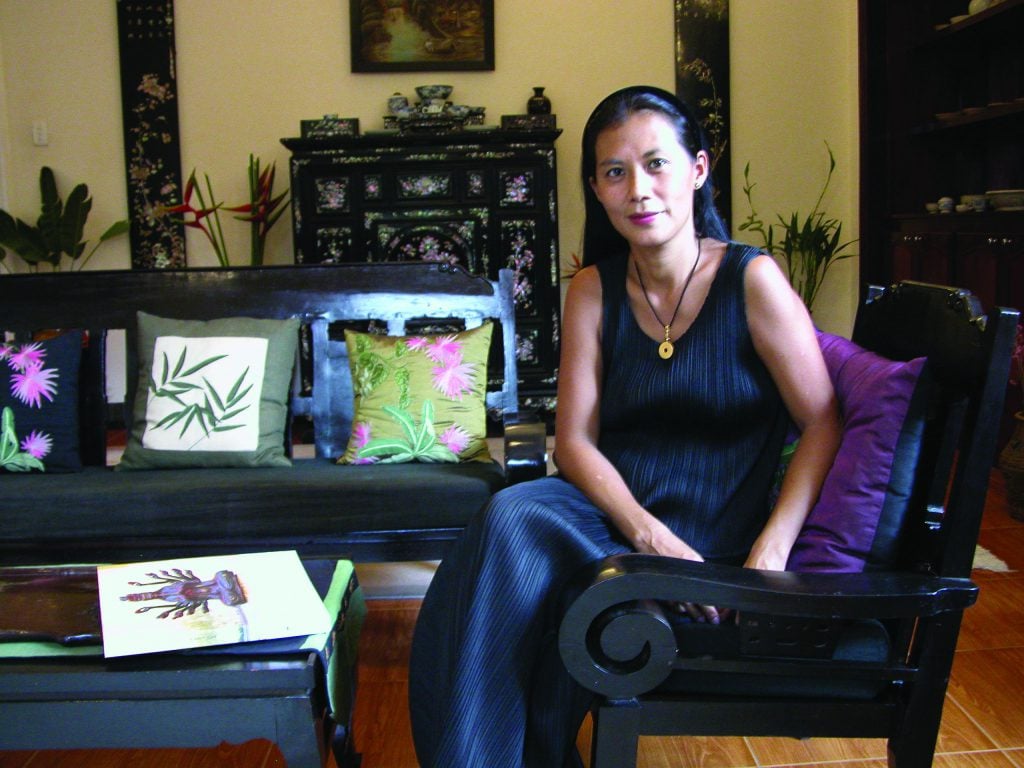



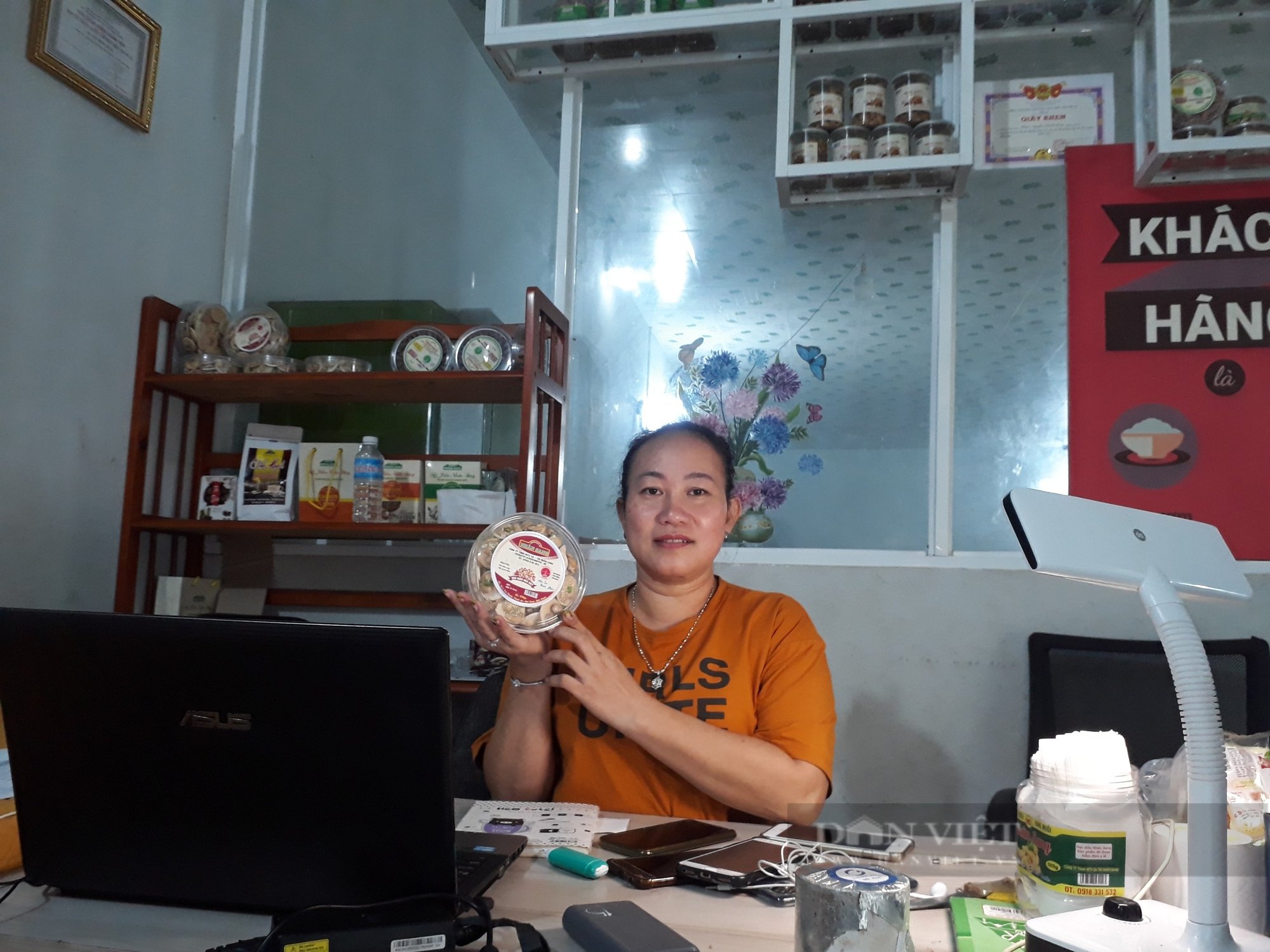

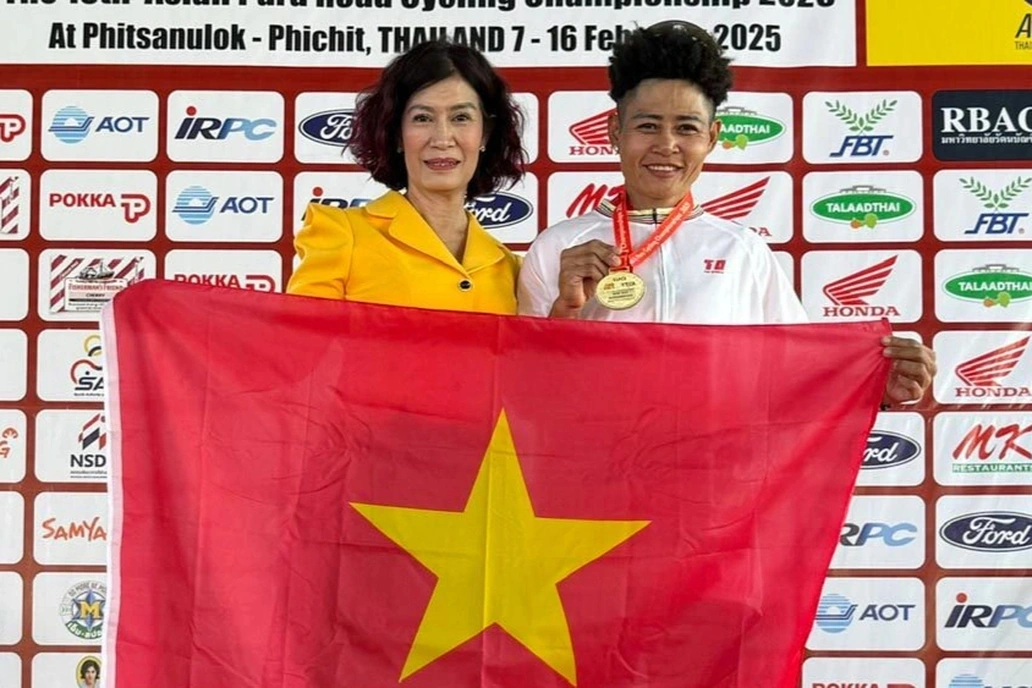

Comment (0)